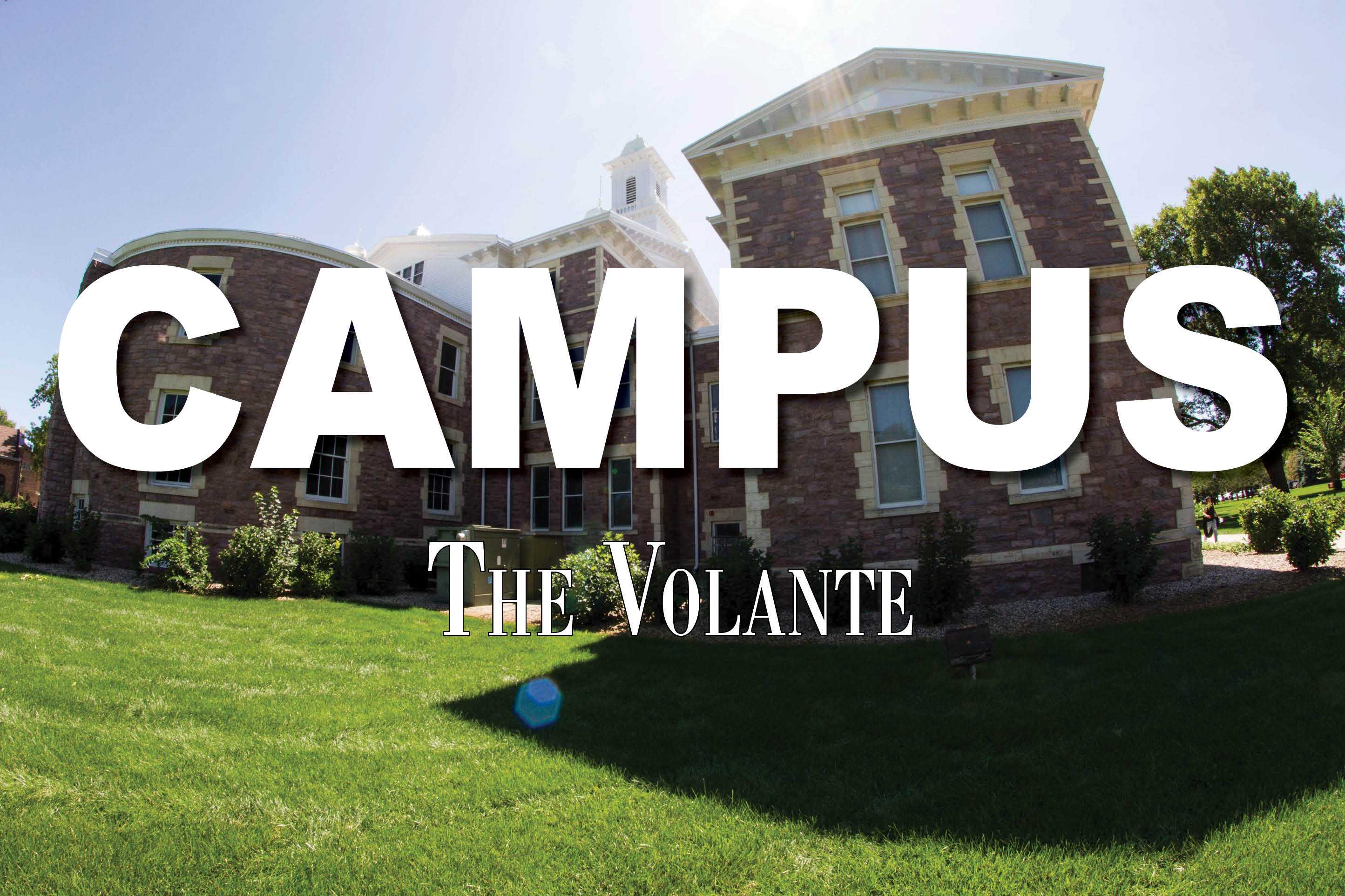
Minors expand students’ education
Minors acquired at USD are not added to a student’s diploma, but rather put into account on an academic transcript.
The college of arts and sciences is the only college that requires all of its students to have either a minor or a second major.
John Dudley, associate dean of the college of arts & sciences said having a minor was always apart of the college of arts & sciences.
“A minor requirement has historically been a part of the college of arts and sciences which is based on the idea to make sure students get exposed to more than one discipline at some level of depths,” Dudley said.
USD provides 72 non-teaching minors and 34 teaching minors, some of which include academic major restrictions.
“The design of a liberal arts education is breadth, so a student is supposed to get a general education in a broad variety of subjects and considerable depth in a major but then some additional expertise at a deeper level than in a general education for a minor,” Dudley said.
Michaela Goldammer a senior strategic communication major who minors in English and political science said that minoring has given her a broader scope of knowledge to what she studies.
“By having a political science minor, I’m able to learn more about governments throughout the world, how the political process works and the sciences behind, not just the liberal and conservative,” she said.
Goldammer believes that choosing a minor depends on how best it relates to an academic major and how it reflects a student’s major field in the long run.
Sawyer Stevens, medical biology major with a double minor in mathematics and physics, said minors become talking points for the workforce and give a better edge because of the experience.
“I personally feel it is very beneficial to myself and my own education. I understand Biostatistics pretty easily because of a better math background,” Stevens said.
Stevens who originally had a double major in physics and medical biology dropped the former after weighing his career prospects and interest.
“I dropped the physics major because the medical biology load became too much and as I want to go to medical school I had to focus more on that,” he said.
Stephen Ward, director of academic and career planning center said that a minor is a way to demonstrate your capacity in understanding lots of different disciplines.
“It allows students to get more deeply into a subject outside of their major and from a professional standpoint, it can tell an employer that you (students) have some professional or intellectual skill that is outside your major,” he said.
Ward said USD is creating a number of topic-themed certificate programs that are fewer credits, advising students to look for these programs.
Kurt Hackemer, interim provost of USD said that getting a minor is one of the ways at which students become exposed to a wide range of thinking about the world about them in a liberal arts university as USD.
“A student who picks either a second major or a minor is trained to think differently. They leave here understanding that there are many ways to approach the world around them which is really valuable and makes students adaptable out of college,” Hackemer said.

